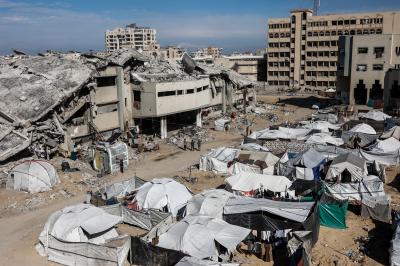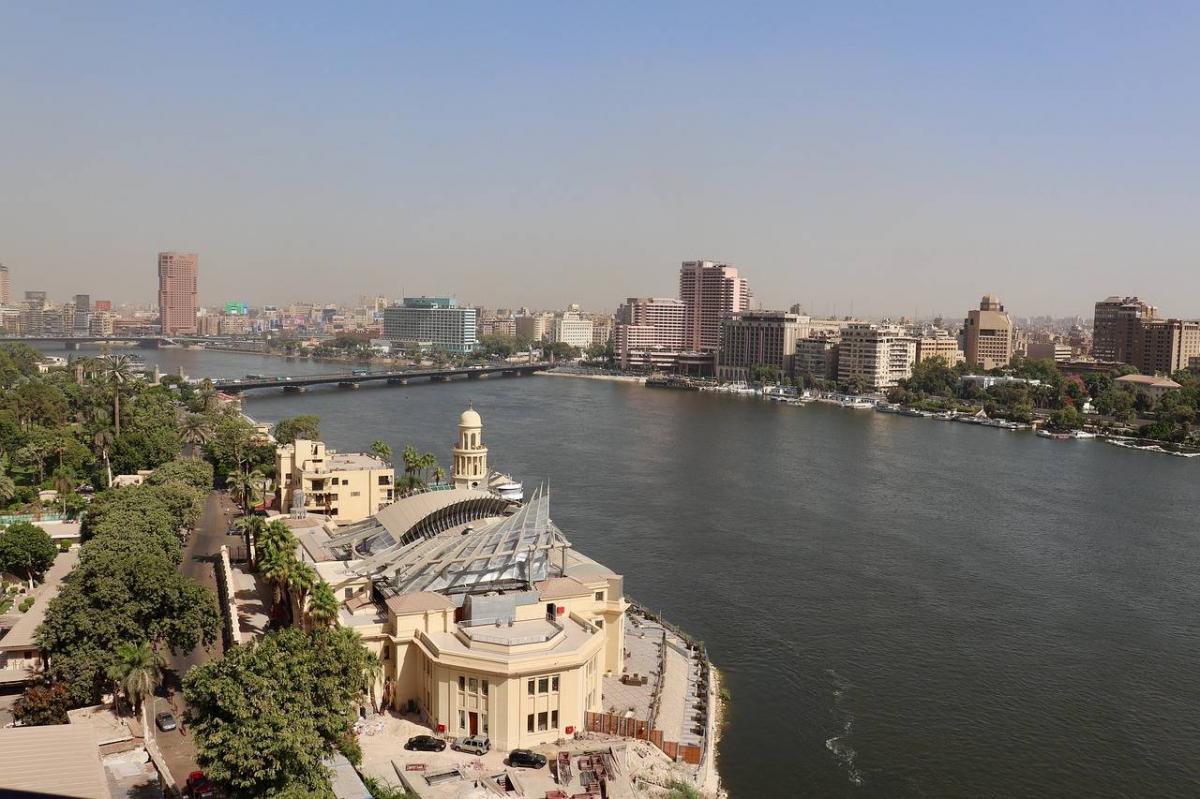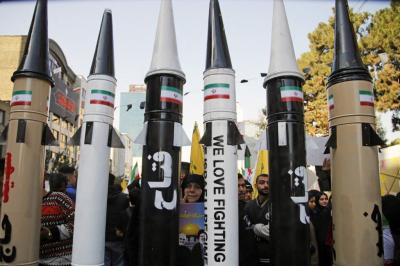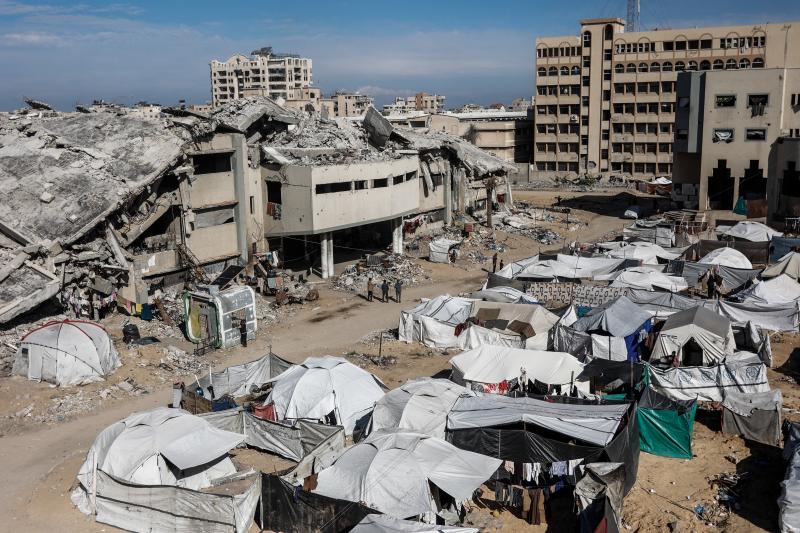While flames engulf Gaza, Ukraine, Sudan, and even the Bab el-Mandeb Strait, the smoke from these fires obscures other equally severe crises, starting with the Horn of Africa. This region is marked by tensions mainly due to Ethiopia's ambitions to play a regional role, at the expense of Egypt's national security. Ethiopia benefits from the support of Israel, which, since 1958, has adopted a strategy of encircling Egypt by allying with Turkey, Iran, and Ethiopia. This was known as the “Periphery Alliance,” coined by former Israeli Prime Minister David Ben-Gurion. Although Iran left this alliance after the 1979 Islamic Revolution, Ethiopia has strengthened its role as Israel's partner, especially after the collapse of the Soviet Union in 1991 and the fall of Ethiopia's communist regime under Mengistu Haile Mariam.
Ethiopian Provocations Toward Egypt
Ethiopia's role against Egypt became evident after 2010 with the launch of the Grand Renaissance Dam project, which will inevitably affect the water flow to Sudan and Egypt. Despite the gravity of this situation for Egyptian national security, with the dam being supported by Israel, Egypt found itself powerless, unable to take concrete steps to stop the dam's construction or mitigate its harmful effects. The attitude of Ethiopian Prime Minister Abiy Ahmed reflects this sense of helplessness. Due to this incapacity, Ethiopia has adopted increasingly aggressive policies toward its neighbors, including Sudan, which is embroiled in civil war, and Somalia, still recovering from its 1991 civil war. Although Somalia has re-established a constitutional government, it has yet to reaffirm its sovereignty over Somaliland, which declared independence in 1991. In this context, Ethiopia, seeking dominance in the Horn of Africa and lacking maritime access, sought a solution by leasing a port in Somaliland, in agreement with the separatist authorities of the region, without consulting the legitimate government in Mogadishu. On January 1, 2024, Somaliland announced an agreement with Ethiopia to lease land for the construction of a port facility, in exchange for Ethiopia's recognition of Somaliland's independence. This agreement angered Somalia, which considers Somaliland part of its territory, exacerbating tensions in the Horn of Africa. Under this agreement, Ethiopia secured access to 20 kilometers of Somali coastline, where it plans to build a naval base.
Egypt’s Response Through Somalia
This Ethiopian move not only angered the Somali government but also Egypt, which views Somalia and Djibouti as integral parts of its sphere of influence. These two countries have, since the 1960s, formed a cornerstone of Egyptian policy in the Horn of Africa, allowing Egypt access to the western shore of the Bab el-Mandeb Strait and enabling it to encircle Ethiopia. This explains why the late Egyptian President Gamal Abdel Nasser supported Somalia's independence in 1960 and its accession to the Arab League, a process continued by his successor Anwar Sadat, who supported Djibouti’s independence in 1977. In response to Ethiopia’s agreement with Somaliland, Egypt and Somalia signed a mutual defense pact on August 14 in Cairo, sealed by Egyptian President Abdel Fattah al-Sisi and his Somali counterpart Hassan Sheikh Mohamud. Al-Sisi affirmed Egypt's support for Somalia's unity and sovereignty, while denouncing any foreign interference in the country’s internal affairs. He also emphasized the importance of this pact as part of a broader regional strategy to enhance stability. The Somali president, for his part, stressed the fight against terrorism, calling the agreement a "testament to a shared future of defense against international terrorism." Two weeks later, Somalia’s ambassador to Cairo, Ali Abdi Ouwari, announced the arrival of Egyptian military equipment and contingents in Mogadishu. Videos showed two Egyptian military planes unloading military experts, along with combat units and equipment aimed at bolstering the Somali army.
This Egyptian intervention has raised concerns in Addis Ababa, which warned against the deployment of Egyptian forces in Somalia, cautioning that it could plunge the region into uncertainty. The situation could escalate into an armed confrontation between Somalia and Ethiopia, potentially serving Egypt's interests as it seeks to discipline Addis Ababa for encroaching on vital Egyptian interests in the Nile and the Horn of Africa.
Please post your comments on:
[email protected]
 Politics
Politics














